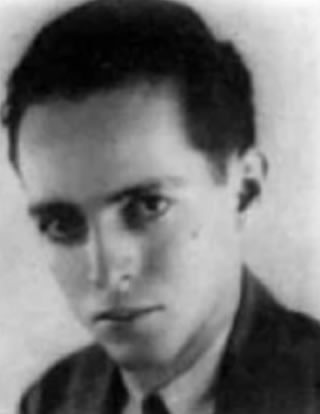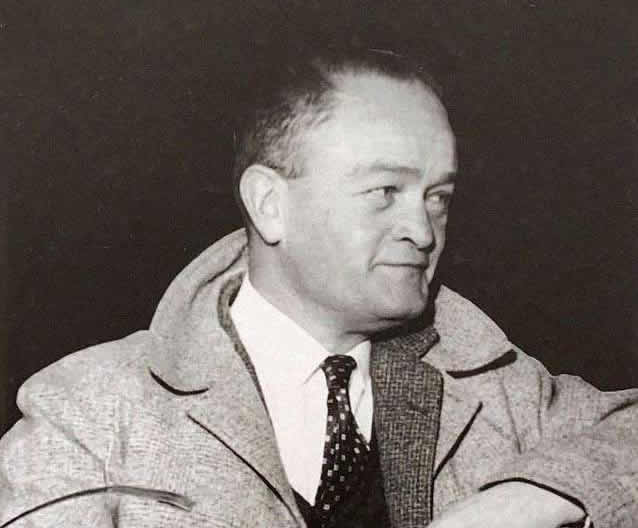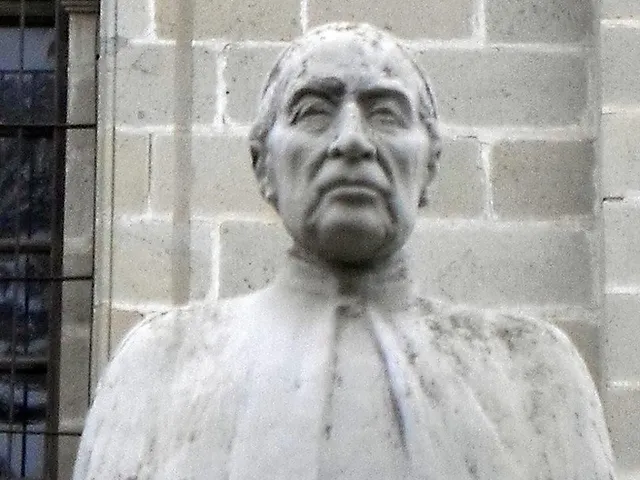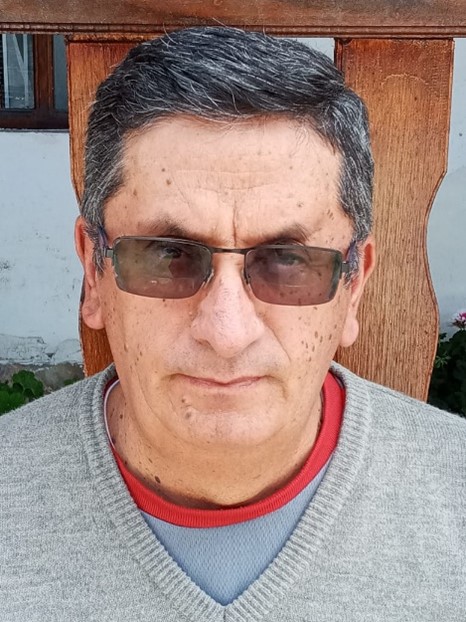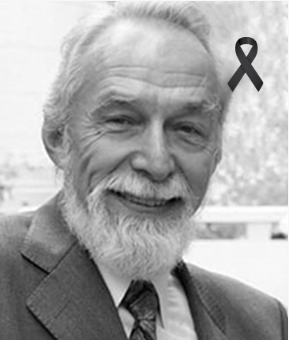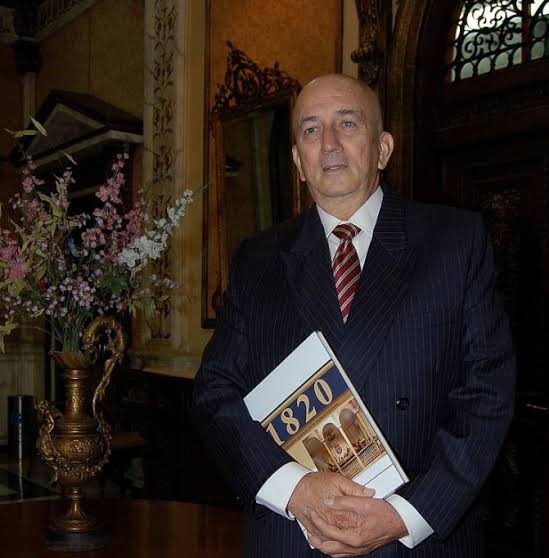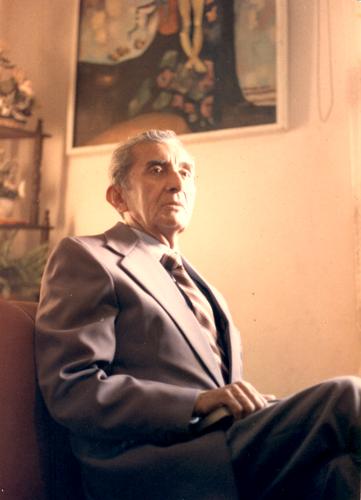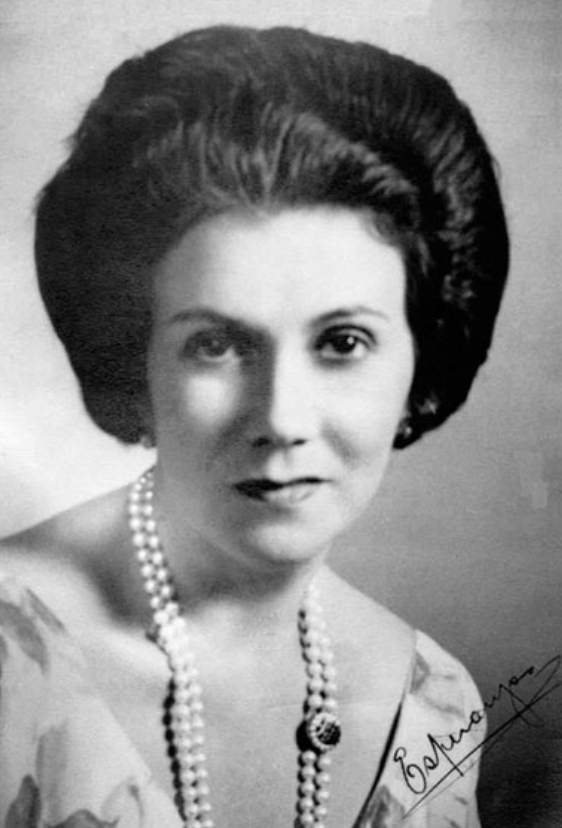Jorge Ismael Gandú, pseudonym of José Miguel Granda Granda (Celica, Loja Province of Ecuador, 1904 – Medellin, Colombia, Unknown) was an Ecuadorian poet and songwriter, renowned primarily for his significant contributions to the pasillo genre, a type of Latin American music. While his literary endeavors culminated in the publication of the poetry collection “Hontanar” in 1937, a work dedicated to his mother, wife, and homeland, it was his role as a lyricist for numerous pasillo songs that truly cemented his fame. Gandú’s ability to weave emotional depth into his lyrics resonated with composers and audiences alike, leading to collaborations with notable musicians such as Nicasio Safadi, who set Gandú’s poem “De corazón a corazón” to music.
Continue reading “Jorge Ismael Gandú”Category: 20th Century Writers
Gerardo Chiriboga
Gerardo Chiriboga (Riobamba, 1895 – Quito, 1966) was an Ecuadorian genealogist, journalist, and poet, known for his diverse contributions to the literary and historical fields. Among his literary works, “Minuto muerto, poemas” (1934) stands out as a compelling collection of poems. Additionally, he authored “Galápagos: El hombre, la tierra y el paisaje” (1948), a comprehensive exploration of the Galápagos Islands. This work is part of a significant body of literature that emerged post-World War II about the archipelago, following the departure of the American base. His literary efforts, including his recognized contributions to poetry in the anthology “Antología de poetas Riobambeños” (Anthology of Poets from Riobamba) (1963), further cement his place in Ecuador’s literary history.
Continue reading “Gerardo Chiriboga”Cristóbal Cevallos Larrea
Cristóbal Cevallos Larrea (1902-1978), holding a Doctorate in Law, was a multifaceted Ecuadorian intellectual, poet, writer, journalist, teacher, and jurist who had a significant influence on Ecuador’s cultural landscape. Cristóbal Cevallos Larrea demonstrated his dedication to cultural enrichment by leading the Chimborazo branch of the Casa de la Cultura in Riobamba, serving as a founding member in 1953 and later as its president in 1964, as well as heading the Ateneo del Chimborazo. In legal and educational spheres, Larrea held the positions of Minister and President of the National Court of Justice and taught Constitutional and Political Law and Civic Studies at the Colegio Nacional Maldonado in Riobamba for many years. Among his literary works, “La Gesta Amazónica” is renowned as an epic poem dedicated to the Amazon.
Continue reading “Cristóbal Cevallos Larrea”Gustavo Vallejo Larrea
Gustavo Vallejo Larrea (Riobamba, 1905 – Quito, 1961), a journalist, poet, legislator, and advocate for education, founded the “Campaña Nacional de Alfabetización” (National Literacy Campaign) in 1948. As president of the National Union of Journalists (UNP), he led this movement, significantly reducing illiteracy rates across Ecuador for 17 years. His dedication, fueled by the belief in education’s pivotal role in national development, propelled the campaign to isolated areas, urban suburbs, and even prisons. Additionally, Vallejo played a significant role in shaping the 1945 Ecuadorian Constitution, contributing to its clarity and the articulation of progressive principles. Vallejo’s legacy continues, with a school in Quito named in his honor and a bust in Riobamba.
Continue reading “Gustavo Vallejo Larrea”Juan Félix Proaño Castillo
Dr. Juan Félix Proaño Castillo (Riobamba, July 20, 1850 – Quito, July 30, 1938) was an Ecuadorian priest, theologian, writer, educator, and political figure, whose extensive contributions spanned the late 19th and early 20th centuries, significantly shaping Ecuador’s cultural and religious landscape. Celebrated for founding “El Templo del Sagrado Corazón de Jesús” in 1892, a newspaper that integrated religious teachings with cultural and literary discourse, Proaño stood firm against the liberal reforms of his era. This conviction led to his exile, during which he persisted in his scholarly and pastoral work. His historical drama “Quisquís” is particularly notable for its portrayal of Incaic civilization, underscoring his commitment to chronicling and preserving Ecuador’s rich historical and cultural heritage.
Continue reading “Juan Félix Proaño Castillo”Vicente Robalino
Dr. Vicente Robalino (Ibarra, 1960) is an Ecuadorian poet, essayist, and educator known for his extensive work in literature and academia. With advanced degrees from UNAM and PUCE, he has authored several books of poetry and essays, contributing significantly to Ecuador’s literary scene. As a professor at PUCE and a guest lecturer at Universidad Andina Simón Bolívar, Robalino has played a crucial role in shaping the appreciation and understanding of Latin American literature among students and peers.
Continue reading “Vicente Robalino”Carlos Altamirano Sánchez
Carlos Altamirano Sánchez (Guayaquil, November 15, 1926) is an Ecuadorian poet and journalist, recognized for addressing social issues through his works, including “Hijo Imperfecto” and “Lamento de un Soñador.” His contributions have earned him accolades such as the Gold Medal in the Borja Lavayen Poetry Contest and a significant role in founding the Union of Ecuadorian Journalists, highlighting his impact on Ecuador’s cultural and literary spheres.
Continue reading “Carlos Altamirano Sánchez”Enrique Terán
Enrique Terán Vaca (Quito, 1887 – 1941) was an influential Ecuadorian musician, writer, and political activist. He honed his musical skills at the Royal Academy of Music in London, which played a pivotal role in his artistic development. A key member of the Ecuadorian Socialist Party, Terán actively engaged in the political scene of early 20th-century Ecuador. His literary legacy, highlighted by his notable novel ‘El cojo Navarrete’, delves into the effects of the Liberal Revolution in Ecuador. Terán’s multifaceted talents profoundly impacted Ecuador’s cultural and political spheres.
Continue reading “Enrique Terán”Jaime E. Rodríguez O.
Jaime Edmundo Rodríguez Ordóñez (Guayaquil, April 12, 1940 – Los Angeles, USA, June 27, 2022) was a celebrated Ecuadorean-American professor, researcher, and historian. His work focused on the history of New Spain, Mexico, the Presidency of Quito, and the independence period in Hispanic America. Rodríguez Ordóñez’s notable contributions to historiography include his profound analysis of the impact of Spain’s Constitutional Monarchy and the independence movements in Latin America. His works, such as “Nosotros somos ahora los verdaderos españoles” and “The Forging of the Cosmic Race,” offer insightful reinterpretations of colonial Mexico and the emergence of Hispano-American identity. He held academic positions at prestigious institutions, including the University of California, Irvine, and was a member of the National Academy of History of Ecuador and the Mexican Academy of History. Rodríguez Ordóñez’s unique perspective on the interconnectedness of Hispanic America with global events during the Atlantic Revolutions significantly enriched the understanding of Latin American history and its complex journey towards independence and nation-building.
Continue reading “Jaime E. Rodríguez O.”Efrén Avilés Pino
Efrén Avilés Pino (Guayaquil, February 26, 1947 – Ibidem, December 31, 2009) was a renowned Ecuadorian historian, writer, and university professor. Educated at the University of Guayaquil, he significantly contributed to Ecuador’s historical research, emphasizing the Province of Guayaquil’s role in national independence. His acclaimed works include the “Enciclopedia del Ecuador” and “Historia del Ecuador.” Also notable in the music industry, Avilés composed the anthem for Club Sport Emelec. A member of the National Academy of History, he resigned amid controversies over historical perspectives. Honored with the Merit of Commandeur in 2002, his legacy in Ecuadorian history and culture is enduring.
Continue reading “Efrén Avilés Pino”Linda Alexander Rodríguez
Linda Alexander Rodríguez (July 21, 1943) is an accomplished American historian and academic, recognized for her deep engagement with Latin American history, particularly focusing on its economic and military aspects. Born in Texas, Rodríguez earned her B.A. in Economics and History from the University of Texas, Austin in 1968, followed by a Master’s in Latin American Studies in 1972, and a Ph.D. in History from the University of California, Los Angeles. Her notable academic career includes serving as a professor at the University of California in Riverside (1976-1978) and at UCLA (1981-2003), where she also coordinated and later assisted in directing the Center for Latin American Studies. Rodríguez has made significant contributions to the understanding of Ecuador’s historical development, as evidenced in her works like “Rank and Privilege: The Military and Society in Latin America” and “The Search for Public Policy: Regional Politics and Government Finances in Ecuador, 1830–1940.” Her insights into the dynamics of the Ecuadorian Liberal Revolution and its fiscal policies have been particularly influential. A member of the National Academy of History of Ecuador since 2014, Rodríguez’s scholarly work continues to illuminate the complex interplay of politics and economics in Latin America.
Continue reading “Linda Alexander Rodríguez”Jenny Estrada
Jenny Estrada, or Jenny María Estrada Ruiz (Guayaquil, June 21, 1940 – February 9, 2024) was an eminent Ecuadorian writer, journalist, and historian. Her impactful career began at “El Universo” in 1968, where she was the first woman to serve as an editorialist, pioneering female representation in Ecuadorian journalism. Estrada’s work, deeply rooted in socio-political and cultural analysis, reflects her commitment to uncovering Ecuador’s diverse narratives, particularly the roles and challenges of women. Her notable literary contributions include “Las mujeres de Guayaquil, siglo XVI al XX” and “Matilde Hidalgo de Prócel, una mujer total,” which highlight women’s significant but often overlooked contributions to Ecuadorian history. Estrada’s dedication extends beyond writing; she was instrumental in founding the “Museo Municipal de la Música Popular Julio Jaramillo,” preserving Ecuador’s rich musical heritage. Her esteemed memberships in the National Academy of History of Ecuador and the Spanish Royal Academy of History, along with numerous cultural merit awards, mark her as a pivotal figure in shaping Ecuador’s cultural and historical consciousness. She worked as a columnist under the pseudonym María Ignacia.
Continue reading “Jenny Estrada”Jorge Vanegas Muñoz
Jorge Vanegas Muñoz (Guayaquil, September 6, 1923 – ibidem, April 6, 2003) the distinguished Ecuadorian poet, novelist, and journalist, left an enduring literary legacy that transcends borders. His notable works, including “Los sangrientos estambres,” “Esqueleto en abril,” and “Los escarabajos de un Virey,” stand as testaments to his poetic prowess and his commitment to the art of verse. In 1975, he received the prestigious National Poetry Contest Ismael Pérez Pazmiño award from the esteemed Guayaquil newspaper “El Universo.” Beyond his literary contributions, Jorge’s advocacy for peace, as seen through his participation in the Committee of Ecuadorian Writers for Peace and representation at the World Congress in Stockholm, reflects his dedication to using poetry as a force for harmony in a world marked by division. His life’s work continues to inspire and captivate readers, solidifying his place in Ecuador’s literary pantheon and beyond.
Continue reading “Jorge Vanegas Muñoz”Teresa Molina de Muñoz
Teresa Molina de Muñoz (Piñas, August 10, 1888 – Quito, November 24, 1950) was an Ecuadorian poet and educator known for her contributions to the magazine El Hogar Cristiano and her pseudonymous writings as La Orquídea in the newspaper El Universo. Born in Piñas, often referred to as the “Orchid of the Andes,” she received her early education in Catacocha, Loja, before moving to Quito. In Quito, she worked as a teacher at several schools, including Fernández Madrid, Colegio Experimental Simón Bolívar, and Normal Manuela Cañizares. Some of her notable works include “Por el milagro de la Ciencia,” “Mi hijo,” and “La novela de los Salmos.” Her cultural legacy continues through the educational institution named after her in Piñas, Ecuador, and her valuable contributions to literature and education in the province.
Continue reading “Teresa Molina de Muñoz”Esperanza Matheus y Yerovi
Esperanza Matheus y Yerovi (Guayaquil, March 2, 1917 – December 1, 2006) was a distinguished Ecuadorian linguist, academic, writer, and cultural advocate. Among her notable works were “Mito y Mística del Siete,” “Ecuatorianismos de Costa y Sierra,” and “César Andrade y Cordero: Vida y Obra.” Her commitment to advancing culture was recognized with significant honors, including her election as a member of the Ecuadorian Academy of Language in 1980, where she delivered an impactful speech titled “La Participación de la Mujer Ecuatoriana en la Creación de la Cultura del País” (The Participation of Ecuadorian Women in the Creation of the Country’s Culture). Additionally, she received the Lazo de Dama de la Orden del Mérito Civil from Francisco Franco and the Lazo de Dama de la Orden de Isabel la Católica, presented by Juan Carlos I of Spain. Esperanza Matheus y Yerovi’s contributions to Ecuador’s cultural and literary landscape remain an enduring testament to her legacy.
Continue reading “Esperanza Matheus y Yerovi”
